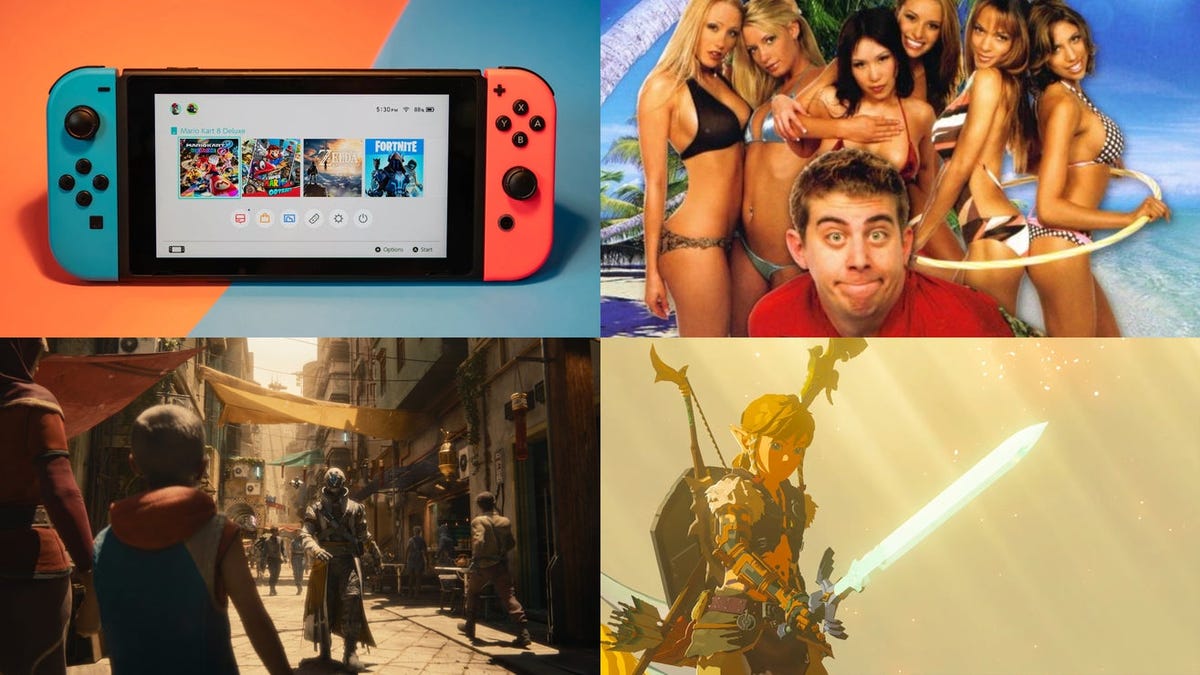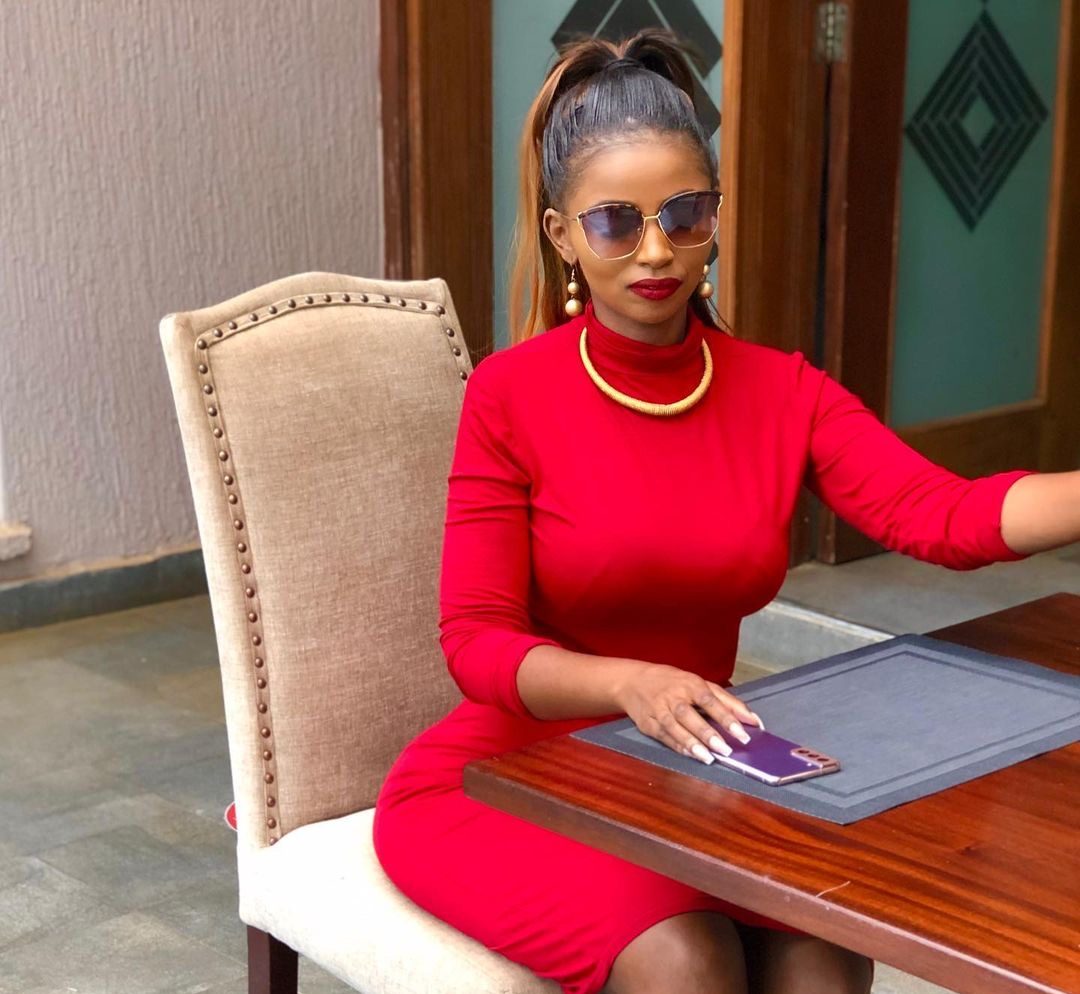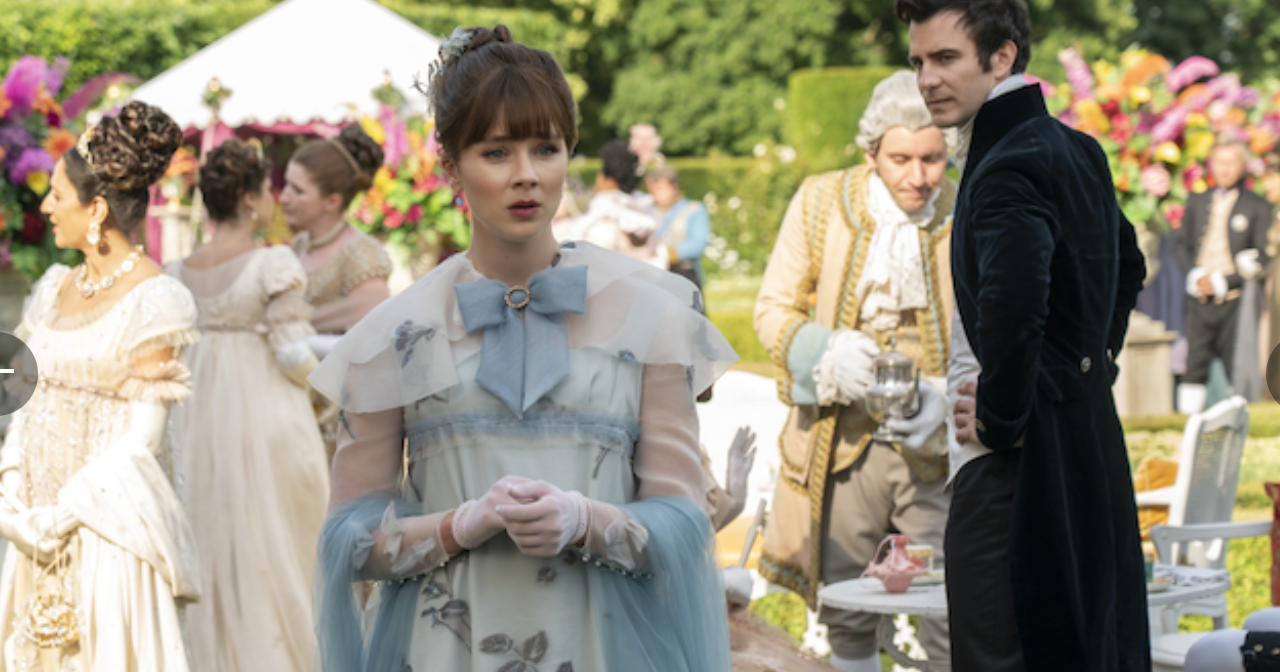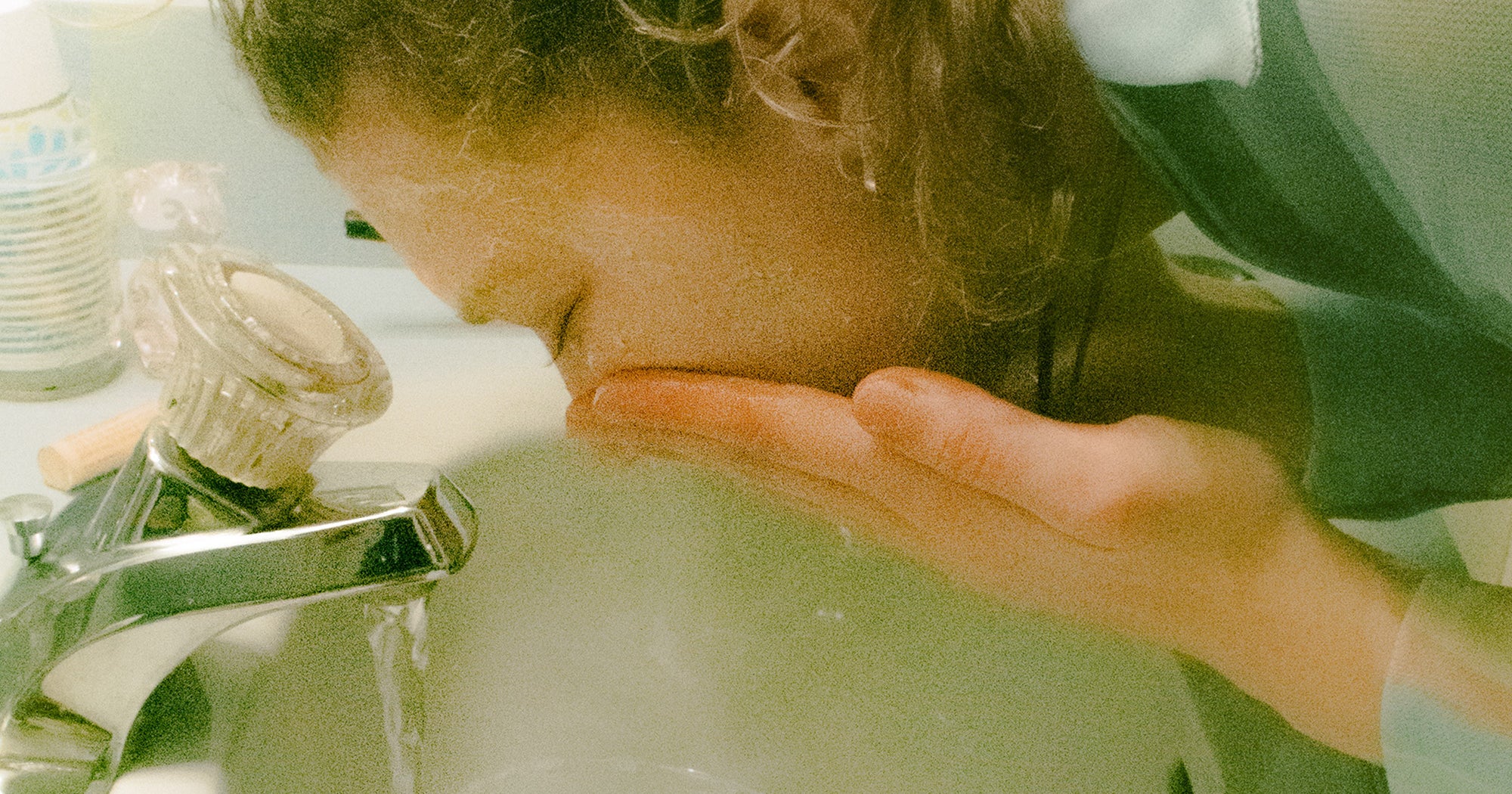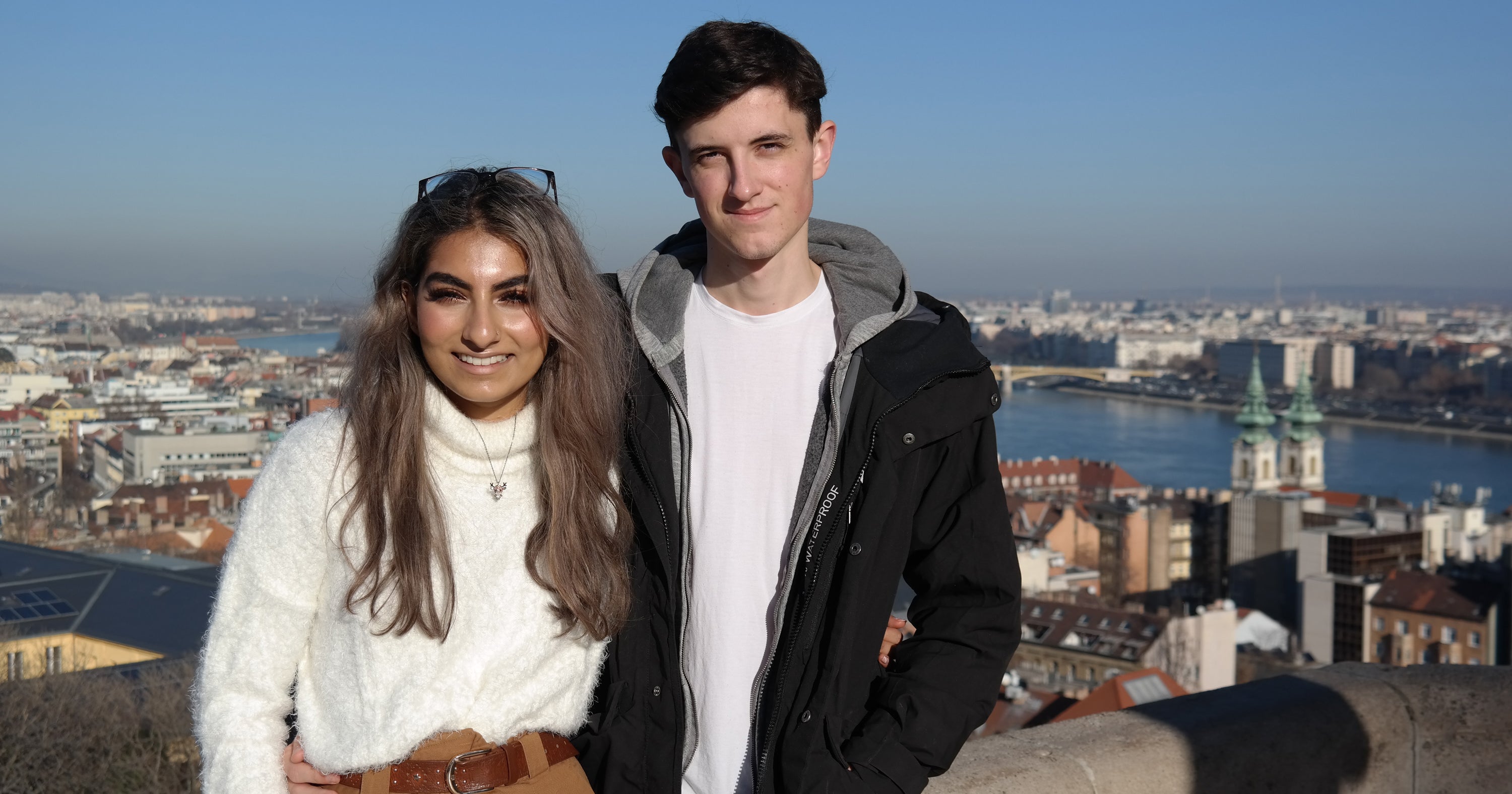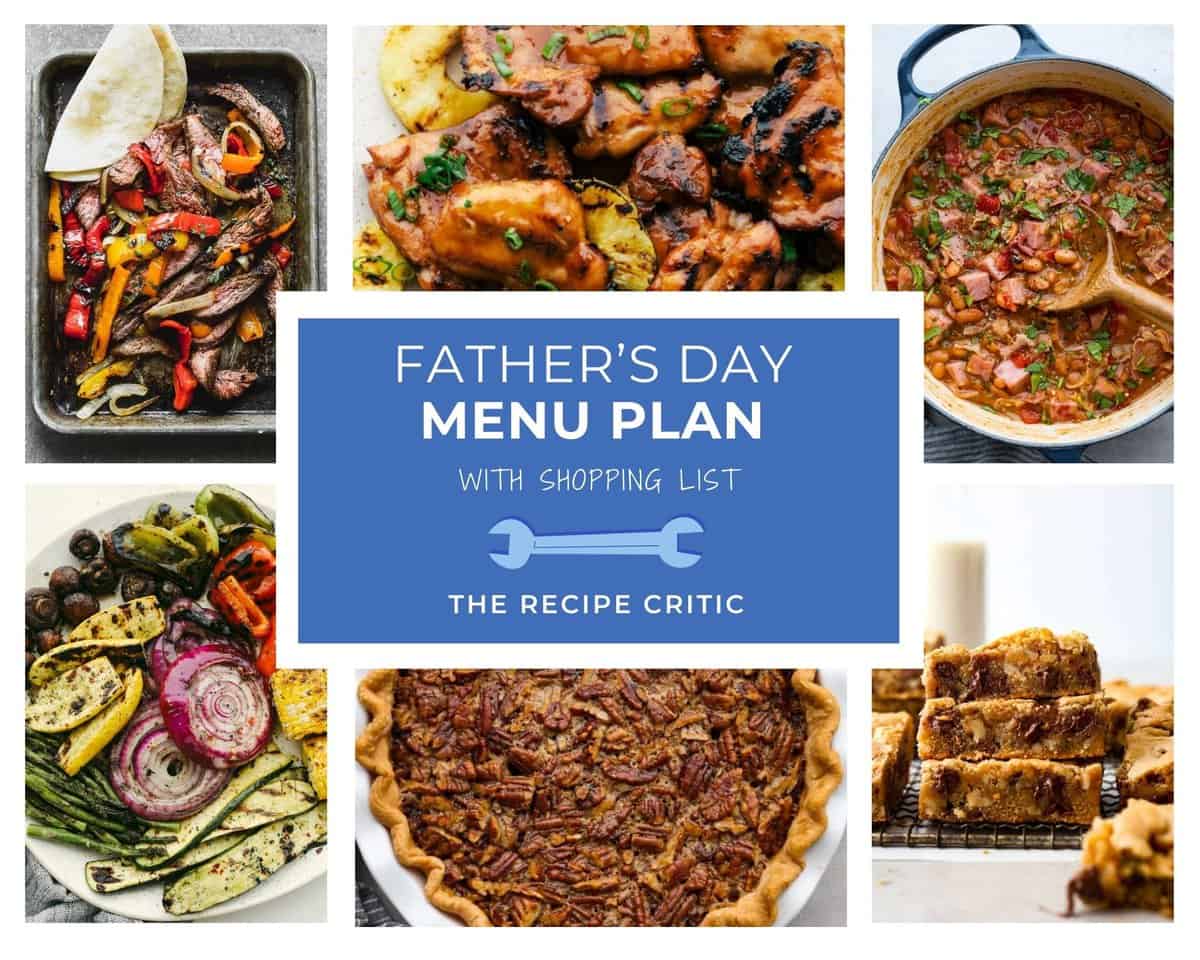Joking You’ve “Healed Too Much” Might Be A Sign You’re Still Hurting
Is it possible to have healed “too much” following a bad romantic experience? Adrienne, 29, from London, who doesn’t want to share her full name, thinks so. “I think I’ve healed too much because my tolerance for waiting to see if anything serious comes out of a romantic connection has been at an all-time low,” she says. “I’m no longer willing to stick something out if I feel like what’s in front of me is not 100% what I want, which I think has come about from a heightened awareness of putting myself first.” Healing by definition is the process of becoming well again after injury but the idea of it being something you can overdo has become part of our therapy-adjacent lingo. On apps like TikTok, people are claiming (both jokingly and seriously) that they’ve “healed too much” to capture the feeling that they’ve done so much self-work following romantic letdowns that they’re now pushing romantic interests away. These people aren’t ready to love again — they’ve healed (or so they think) to a point of being unable to take a gamble on new romance. Hence they’ve taken their healing “too far”. TikTok is filled with people documenting their #healingjourney, some of whom go on to make videos about how they’ve healed too much because they now “don’t like anybody”, “don’t love anyone anymore” and “have zero tolerance for jerks”. While some of that’s progress — keep cutting off the jerks! — the rest of it reads like an unhelpful coping mechanism for emotional pain. “I’m in my healing era” is about as normal to hear as “my boyfriend likes other girls’ pictures”. It’s part of our language now, and with good reason: Healing is the promise of a better future. It’s also part of normalising conversations about mental health. According to the American Psychological Association’s Stress in America 2023 survey, 18 to 34-year-olds reported the highest rate of mental illnesses at 50%. In another report published by Ogilvy in February 2022, 70% of Gen Z said their mental health accounts for the area of their lives that needs the most improvement. Adrienne has taken her personal healing seriously, explaining: “In order to heal I did all the cliché things that people recommend. I read books about communication, attachment style, grief, love and friendship, most notably bell hooks’ All About Love. I spent copious amounts of time with friends and family, worked out like crazy, went to church, solo travelled, meditated, journalled and went to therapy.” As a result, Adrienne got to know herself more deeply, became intentional with her choices, began to date better matches, learned to listen to her gut instinct and found peace in herself. Proactive healing is to thank for all that. “I’ve worked so hard to get to the point where I’m comfortable with who I am outside of a relationship that I struggle with the fact romance could disrupt and ruin this.” However, shutting out new connections under the guise of healing isn’t helpful in the long run. Adrienne is well aware of this and says that “healing too much is to do with self-preservation” and having developed “excessive emotional barriers”. “The complexity of healing has obviously affected my perception of romantic connections. I know that my heart is more open now compared to when I initially started my healing journey, but recognise that there’s still a long way to go,” she adds. This resonates with Harry, 26, from London, who also wants to keep his full name private. “After going through a few toxic relationships including being cheated on for several months, I started to hold back when approaching new relationships. This has served me well in terms of getting over my past relationships, but I now feel like I am so protected I don’t actually get myself involved in anything new and run away from something when it gets to a certain point.” He’s also used the expression “healed too much” to describe where he’s at and finds this stance has led to him cutting new romantic connections short. “I find excuses and ways out when I’m dating someone, or I just don’t let myself fall for someone even when there is nothing wrong with that person. It’s definitely stopped me getting into anything deeper since my breakup.” To date, love and commit to a person is risky. We cannot predict the future or command a certain outcome. Psychotherapist and author Tasha Bailey says people often forget that learning to take risks again is part of the healing process. “Healing can be about taking risks but with a more informed approach,” Bailey says. “We have better insight about our emotional needs, and a better perspective of who can and can’t fulfil them.” Does she think it’s possible to have healed too much? No. “Healing is a lifelong journey. There is no end point to our healing. Healing is like a spiral staircase: When we can keep coming back to the same point but at a different level of awareness each time, that’s growth,” Bailey says. Playing the “healed too much” card is a damaging way of avoid
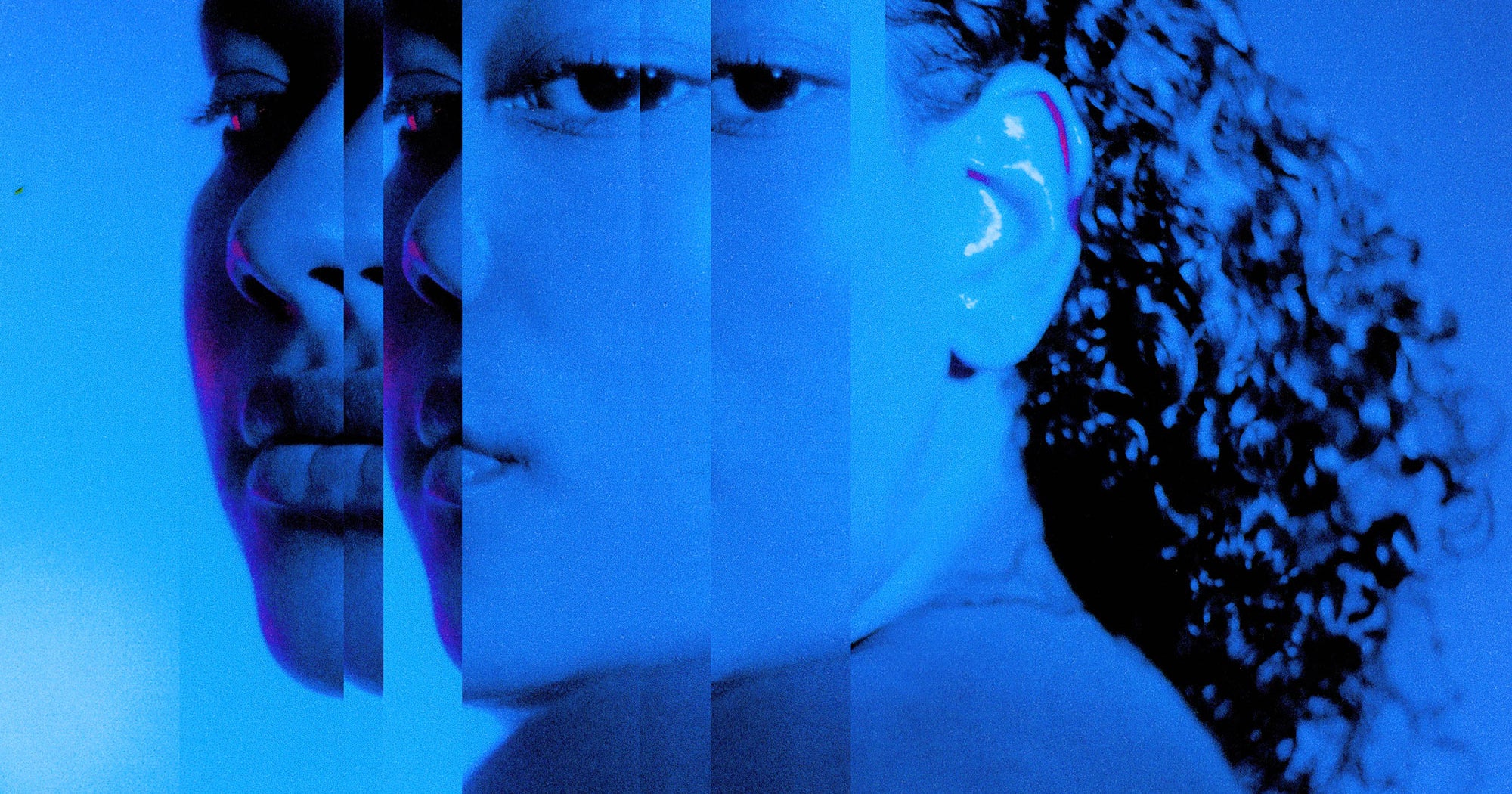

Is it possible to have healed “too much” following a bad romantic experience? Adrienne, 29, from London, who doesn’t want to share her full name, thinks so. “I think I’ve healed too much because my tolerance for waiting to see if anything serious comes out of a romantic connection has been at an all-time low,” she says. “I’m no longer willing to stick something out if I feel like what’s in front of me is not 100% what I want, which I think has come about from a heightened awareness of putting myself first.” Healing by definition is the process of becoming well again after injury but the idea of it being something you can overdo has become part of our therapy-adjacent lingo. On apps like TikTok, people are claiming (both jokingly and seriously) that they’ve “healed too much” to capture the feeling that they’ve done so much self-work following romantic letdowns that they’re now pushing romantic interests away. These people aren’t ready to love again — they’ve healed (or so they think) to a point of being unable to take a gamble on new romance. Hence they’ve taken their healing “too far”. TikTok is filled with people documenting their #healingjourney, some of whom go on to make videos about how they’ve healed too much because they now “don’t like anybody”, “don’t love anyone anymore” and “have zero tolerance for jerks”. While some of that’s progress — keep cutting off the jerks! — the rest of it reads like an unhelpful coping mechanism for emotional pain.
“I’m in my healing era” is about as normal to hear as “my boyfriend likes other girls’ pictures”. It’s part of our language now, and with good reason: Healing is the promise of a better future. It’s also part of normalising conversations about mental health. According to the American Psychological Association’s Stress in America 2023 survey, 18 to 34-year-olds reported the highest rate of mental illnesses at 50%. In another report published by Ogilvy in February 2022, 70% of Gen Z said their mental health accounts for the area of their lives that needs the most improvement. Adrienne has taken her personal healing seriously, explaining: “In order to heal I did all the cliché things that people recommend. I read books about communication, attachment style, grief, love and friendship, most notably bell hooks’ All About Love. I spent copious amounts of time with friends and family, worked out like crazy, went to church, solo travelled, meditated, journalled and went to therapy.” As a result, Adrienne got to know herself more deeply, became intentional with her choices, began to date better matches, learned to listen to her gut instinct and found peace in herself. Proactive healing is to thank for all that. “I’ve worked so hard to get to the point where I’m comfortable with who I am outside of a relationship that I struggle with the fact romance could disrupt and ruin this.”
However, shutting out new connections under the guise of healing isn’t helpful in the long run. Adrienne is well aware of this and says that “healing too much is to do with self-preservation” and having developed “excessive emotional barriers”. “The complexity of healing has obviously affected my perception of romantic connections. I know that my heart is more open now compared to when I initially started my healing journey, but recognise that there’s still a long way to go,” she adds. This resonates with Harry, 26, from London, who also wants to keep his full name private. “After going through a few toxic relationships including being cheated on for several months, I started to hold back when approaching new relationships. This has served me well in terms of getting over my past relationships, but I now feel like I am so protected I don’t actually get myself involved in anything new and run away from something when it gets to a certain point.” He’s also used the expression “healed too much” to describe where he’s at and finds this stance has led to him cutting new romantic connections short. “I find excuses and ways out when I’m dating someone, or I just don’t let myself fall for someone even when there is nothing wrong with that person. It’s definitely stopped me getting into anything deeper since my breakup.”
To date, love and commit to a person is risky. We cannot predict the future or command a certain outcome. Psychotherapist and author Tasha Bailey says people often forget that learning to take risks again is part of the healing process. “Healing can be about taking risks but with a more informed approach,” Bailey says. “We have better insight about our emotional needs, and a better perspective of who can and can’t fulfil them.” Does she think it’s possible to have healed too much? No. “Healing is a lifelong journey. There is no end point to our healing. Healing is like a spiral staircase: When we can keep coming back to the same point but at a different level of awareness each time, that’s growth,” Bailey says. Playing the “healed too much” card is a damaging way of avoiding being vulnerable and emotionally available to ourselves, let alone others, as she puts it. “One concern is that some people end up over-identifying with their past trauma and the pain it caused them. They might panic and be confused about who they are without it.” Feeling “overly healed” might translate as a false sense of control.
The “healed too much” mindset often comes from a desire to be as independent as possible. Caroline Plumer, psychotherapist and founder of CPPC London, says a hesitancy to trust is a “maladaptive behaviour employed in an attempt to feel emotionally safe”. In her eyes, this is a clear sign that someone hasn’t healed. “This tactic may work to some extent — by not trusting or getting close to anyone then it may come to pass that you don’t end up feeling betrayed or let down,” she says. “However, you’ll also miss out on the joys that come with being able to be connected with others on a deep, emotional level. It is only by allowing ourselves to be vulnerable with others and seeing that it is safe that we can feel fully loved and accepted.” Bailey agrees, explaining that what might keep someone stuck in this headspace is “explaining away” difficult experiences without emotionally connecting to them. “There’s no healing without feeling,” she adds. Bailey pinpoints rumination as another way in which people avoid being emotionally vulnerable. “Despite doing the healing work, we get stuck in a mental rut of replaying our negative experiences or fears. This usually happens because we’re scared to embrace and discover what sits outside our comfort zone.” The irony, she says, is that when we aren’t emotionally available to ourselves, “we will likely attract more emotionally unavailable people into our lives, which will lead to history repeating itself”.
Healing can’t always be achieved proactively. As frustrating as it is to hear, sometimes you just have to wait for time to do its thing. As Bailey puts it: “There are always going to be parts of our life that need more time to heal. We can’t perfect it or put a deadline on it. Instead we have to give those parts time to breathe.” To love again, something’s got to give, and that might mean letting go of the false idea that you’ve healed to a point of completion.
Like what you see? How about some more R29 goodness, right here?
What's Your Reaction?





















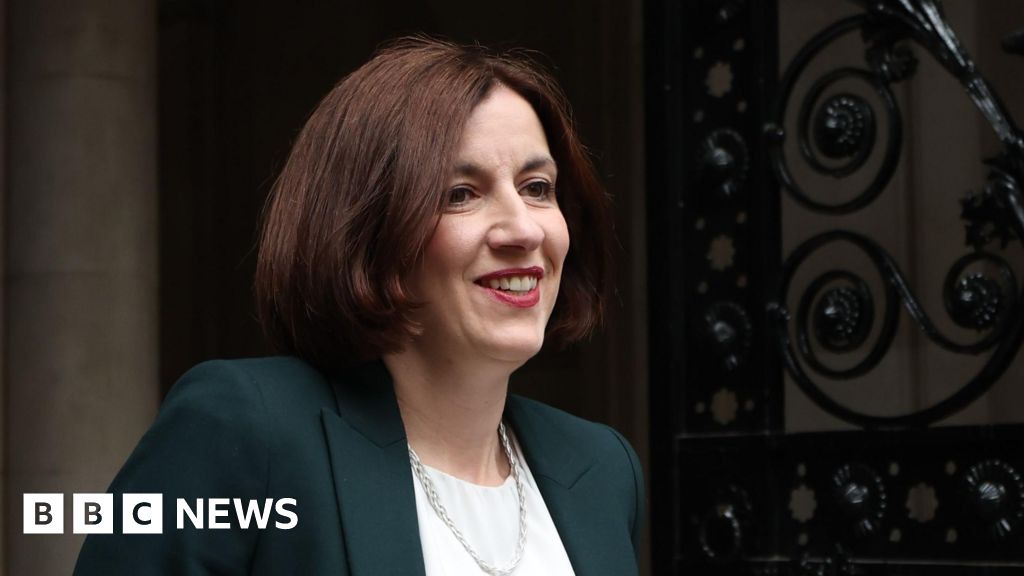
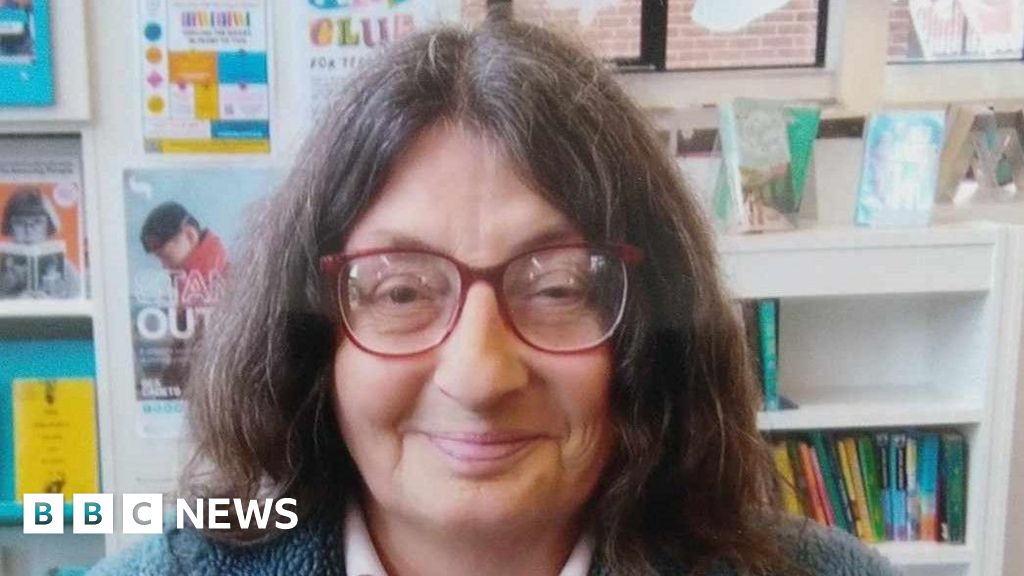
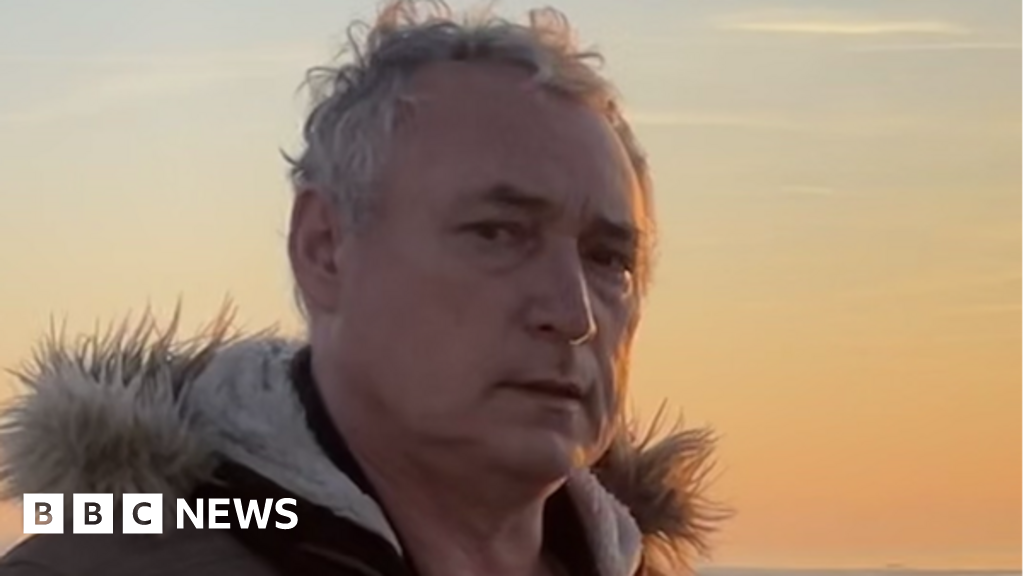
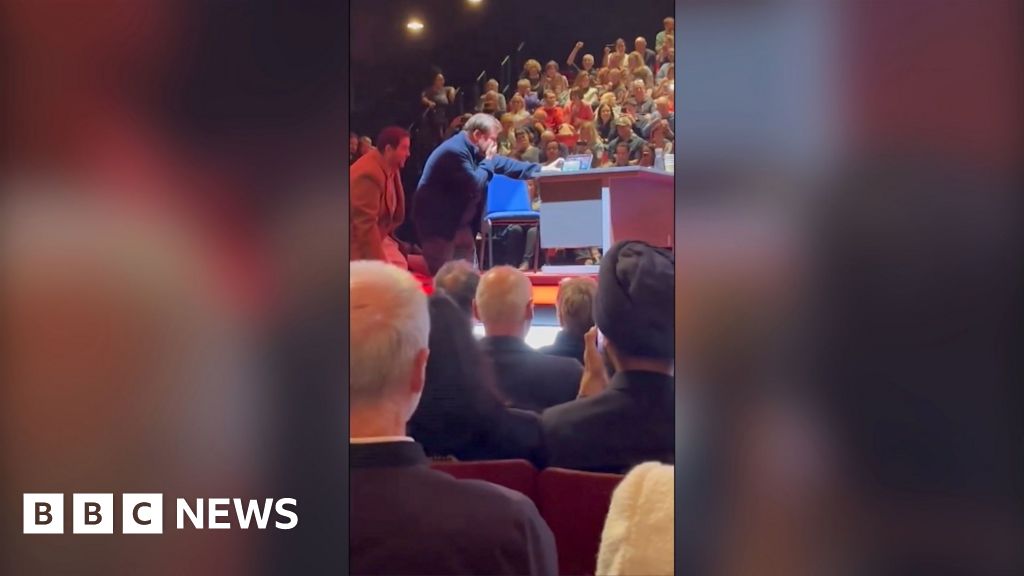




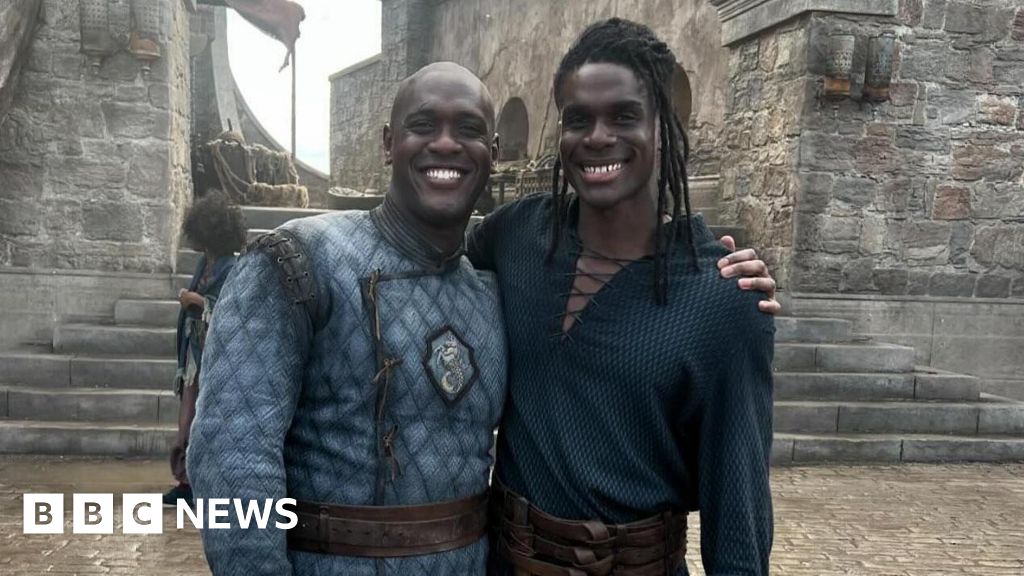
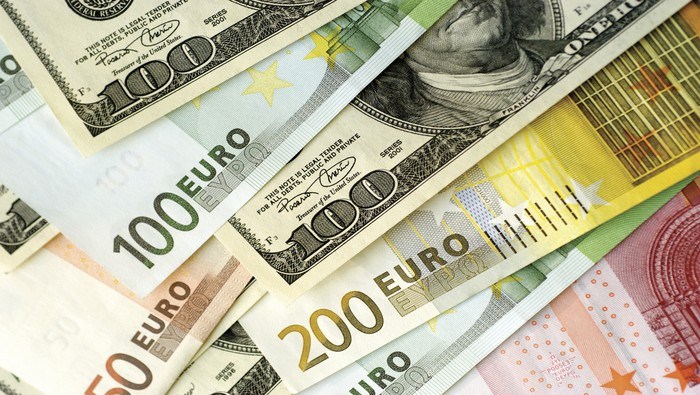

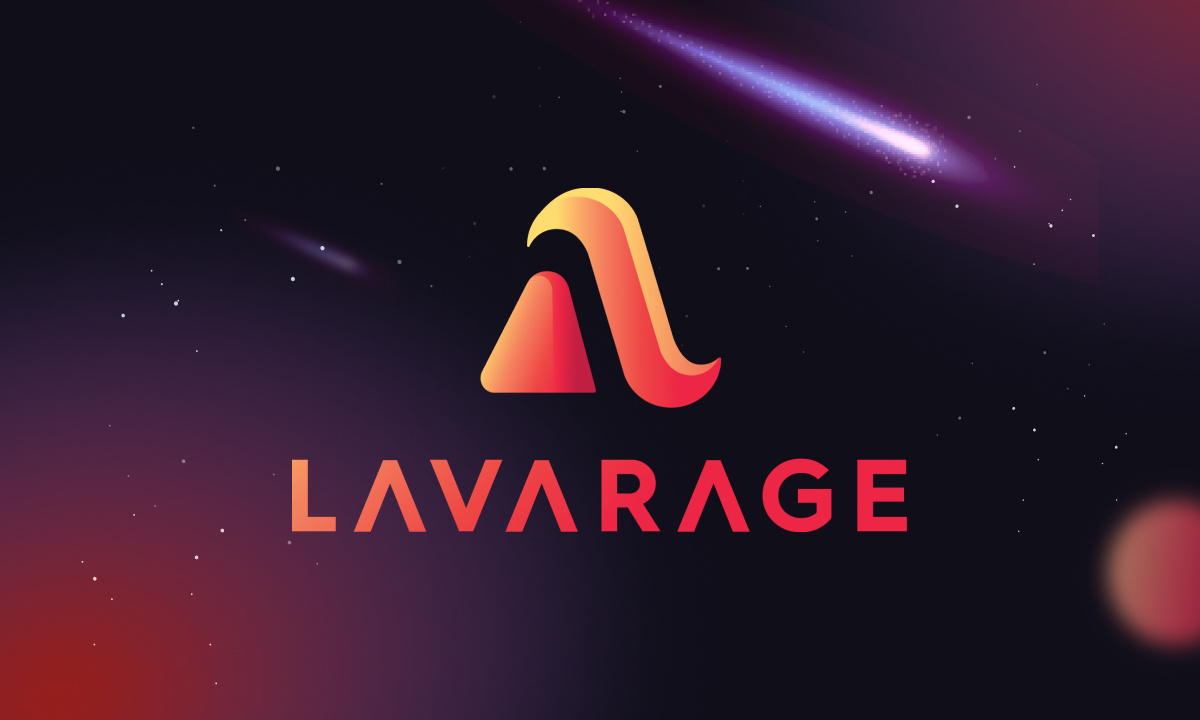




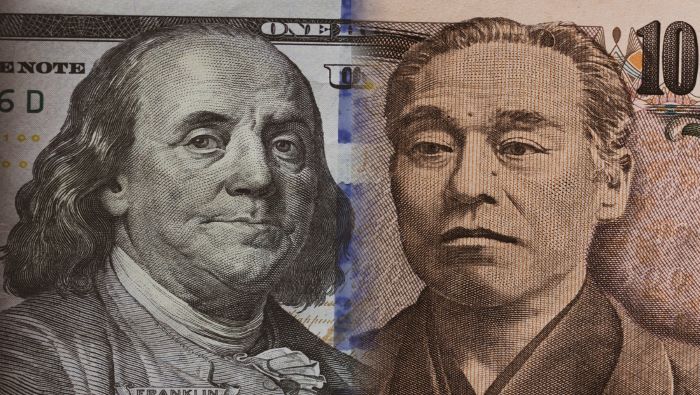
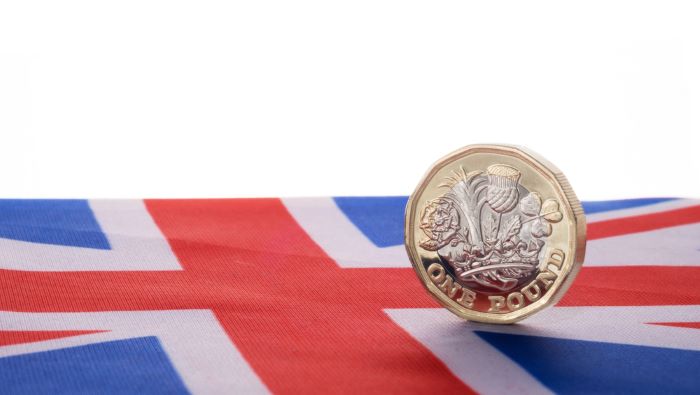













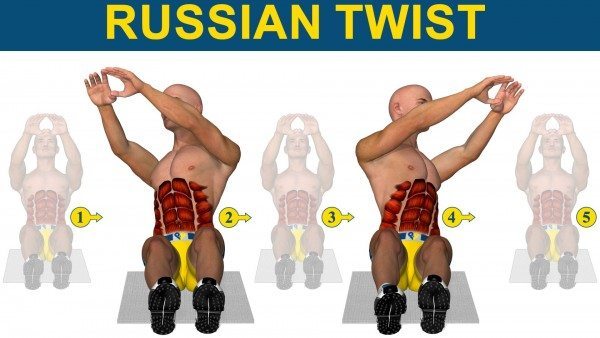
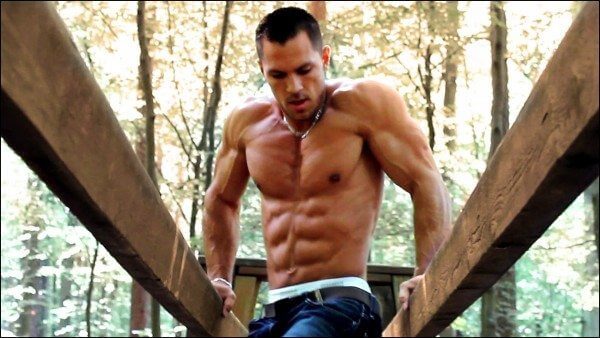

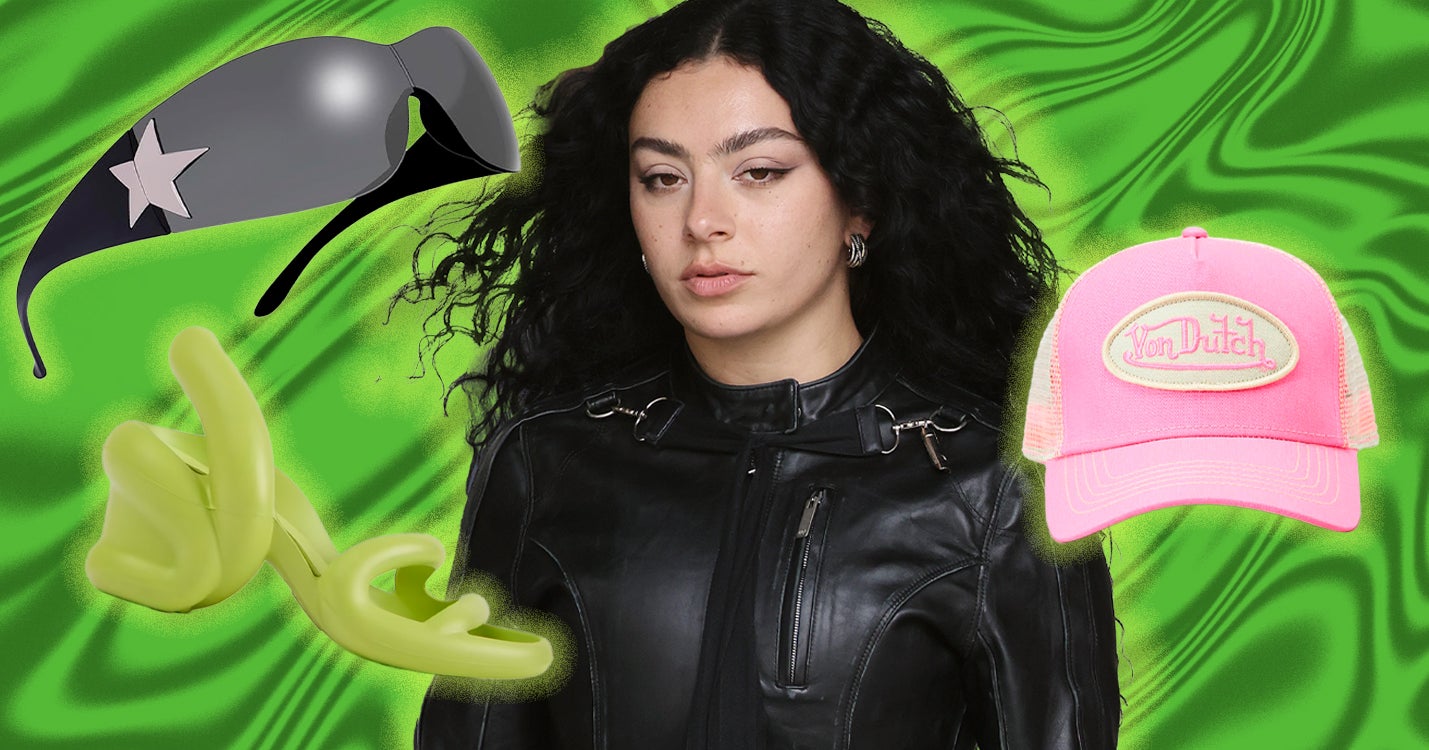

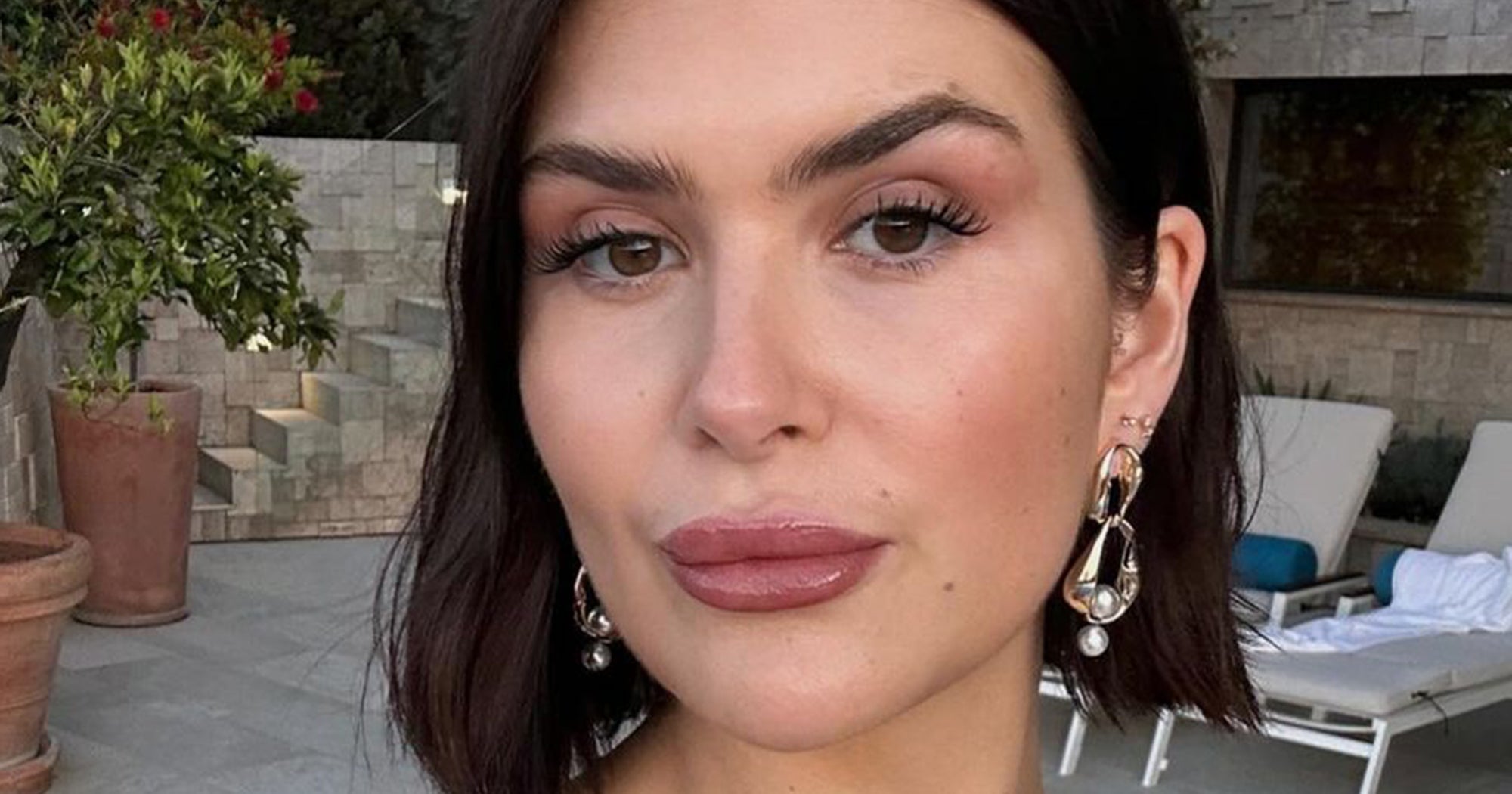
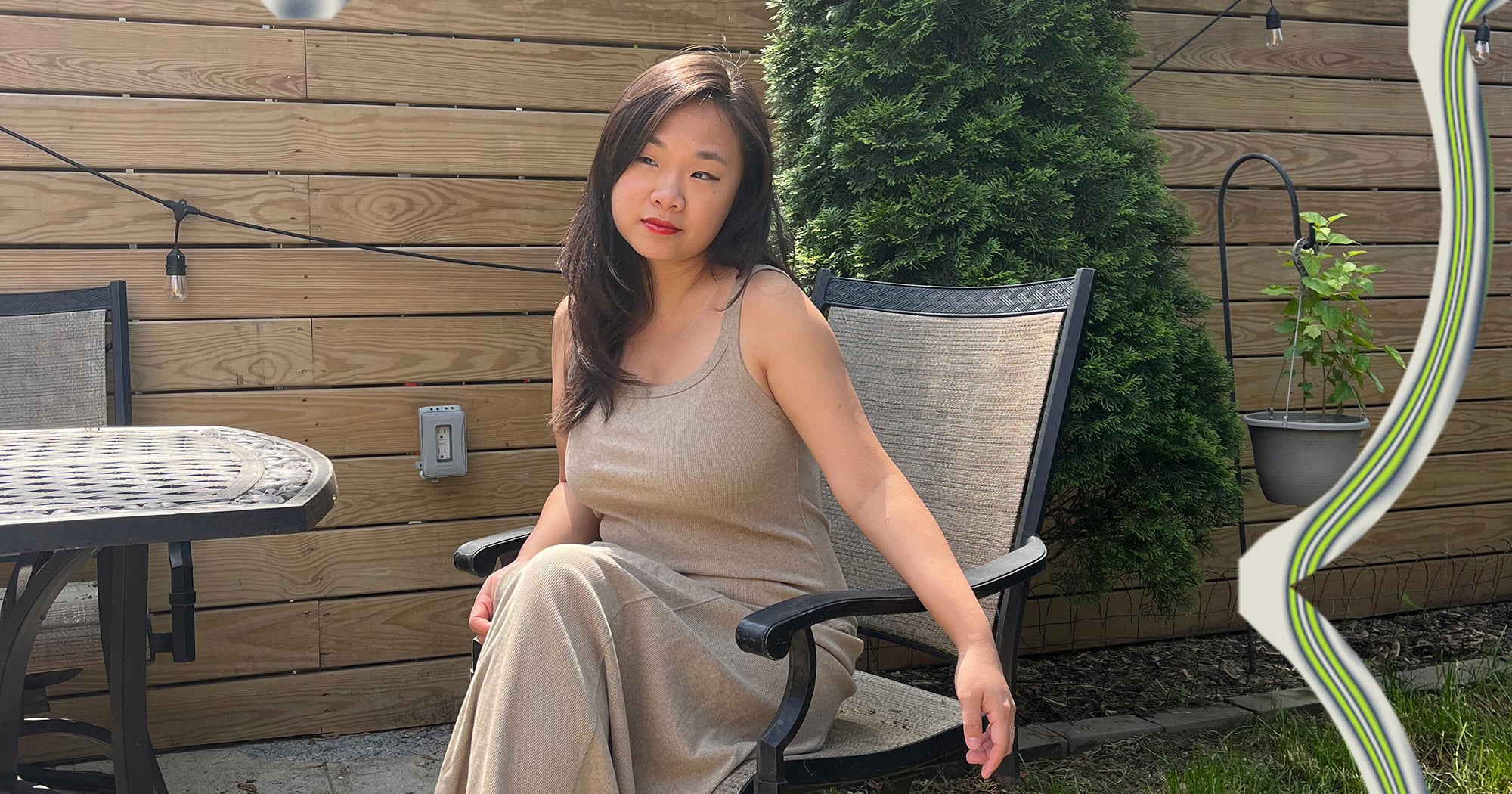

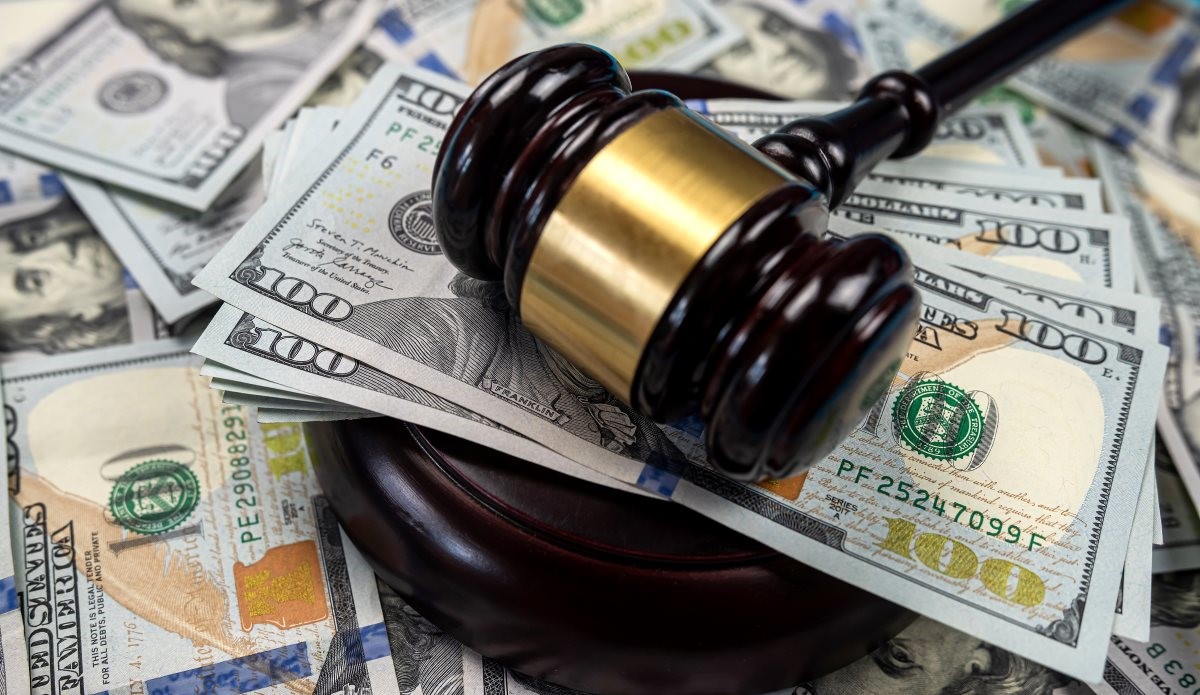











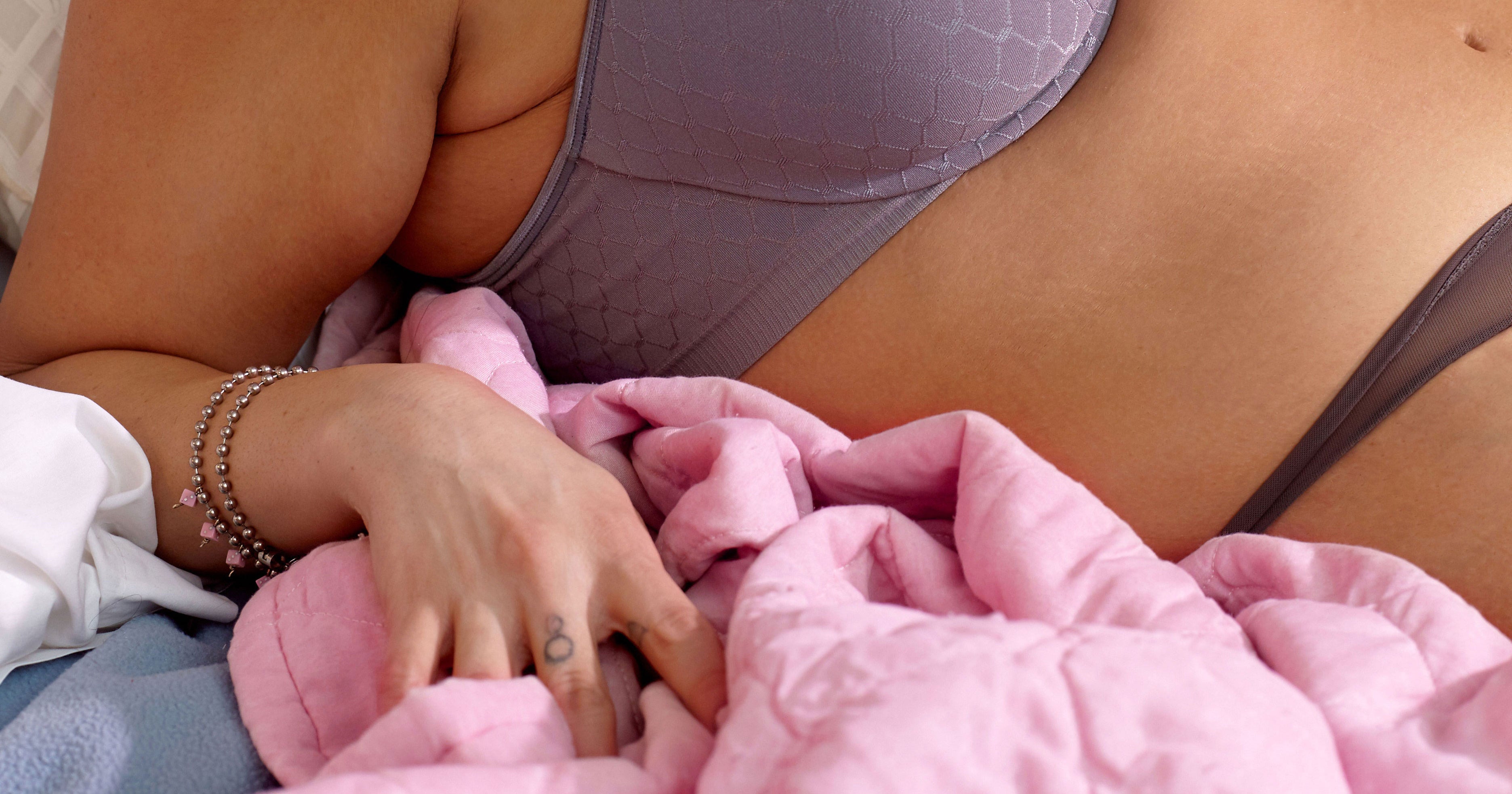
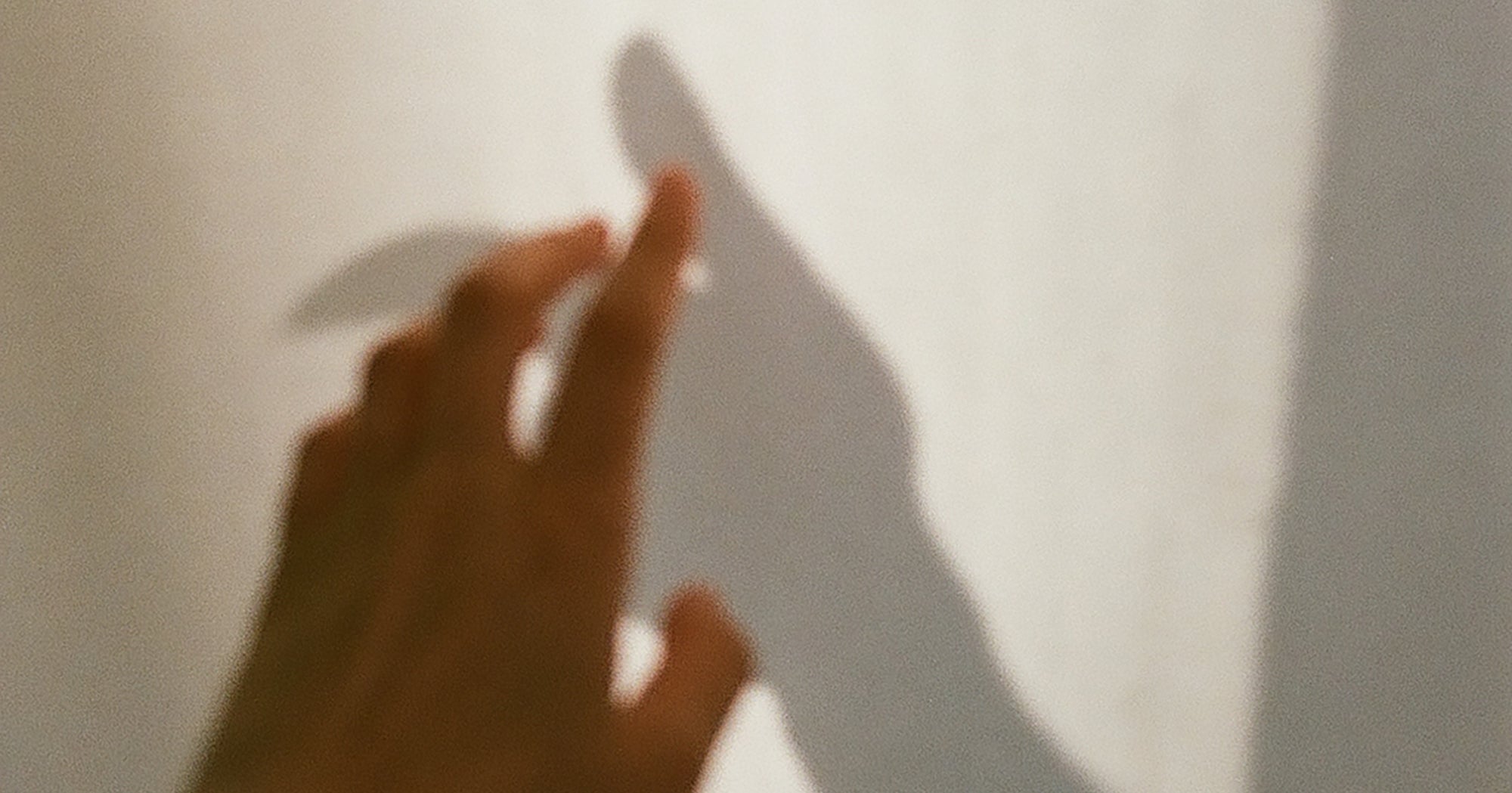
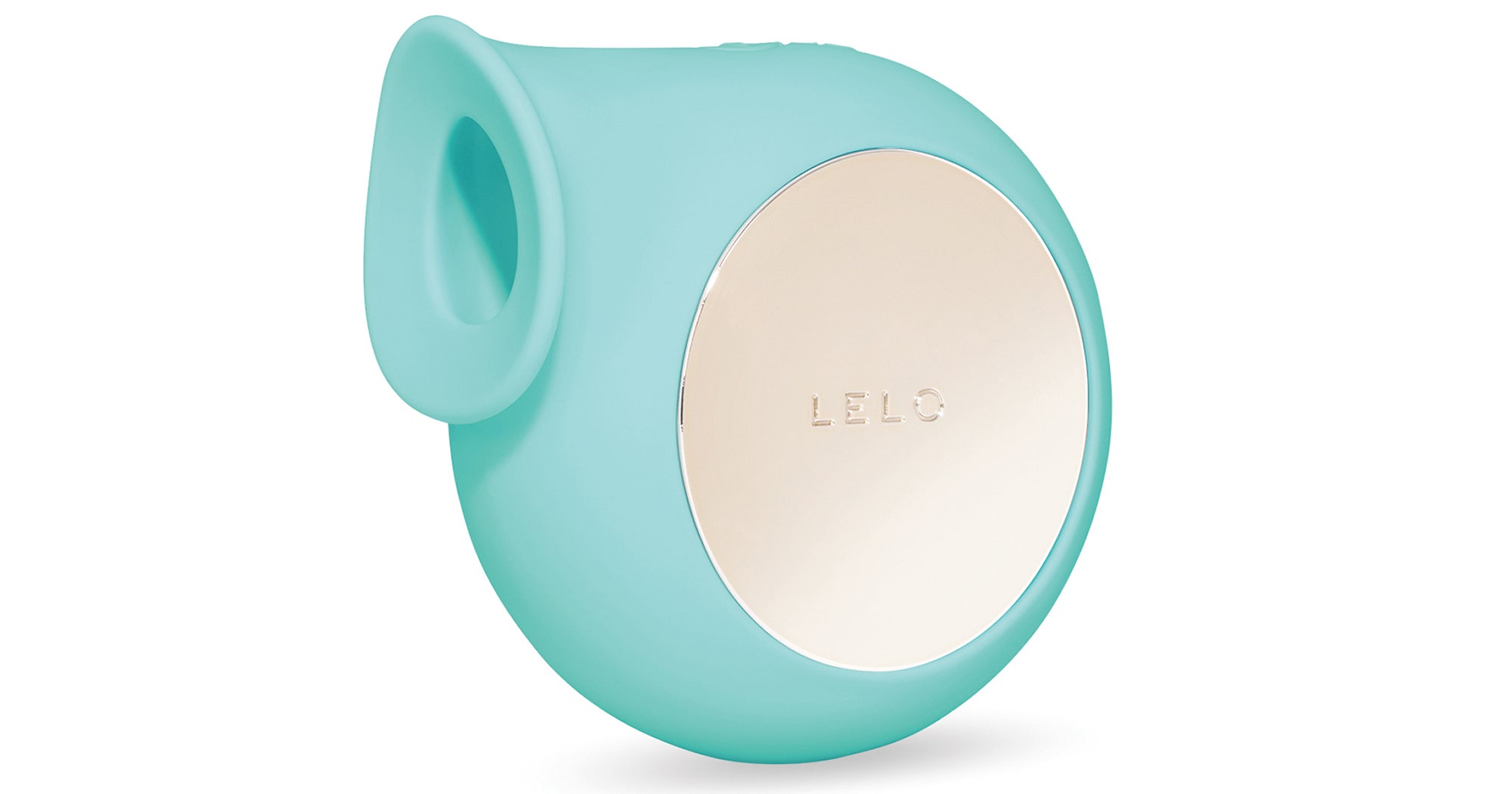
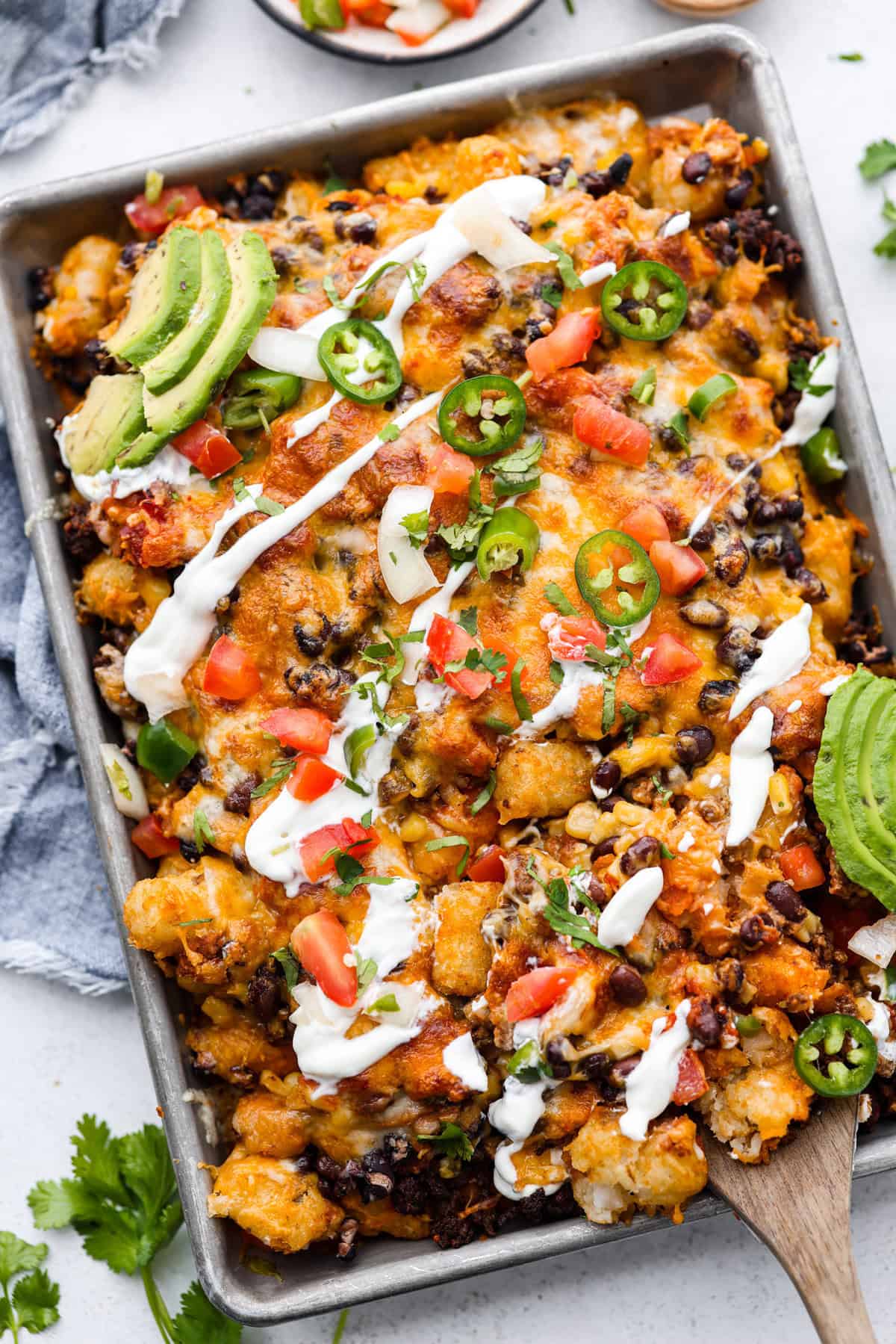
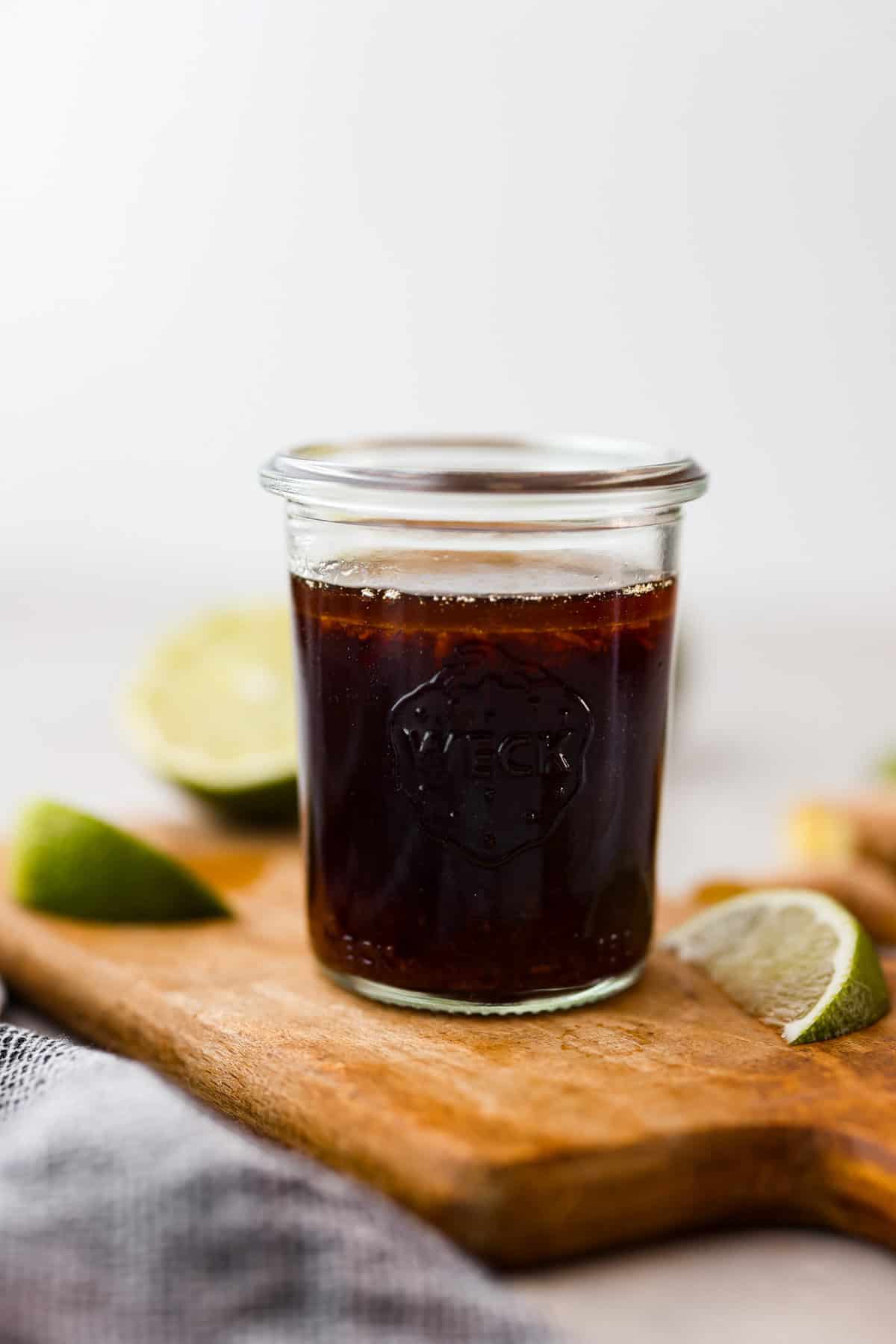
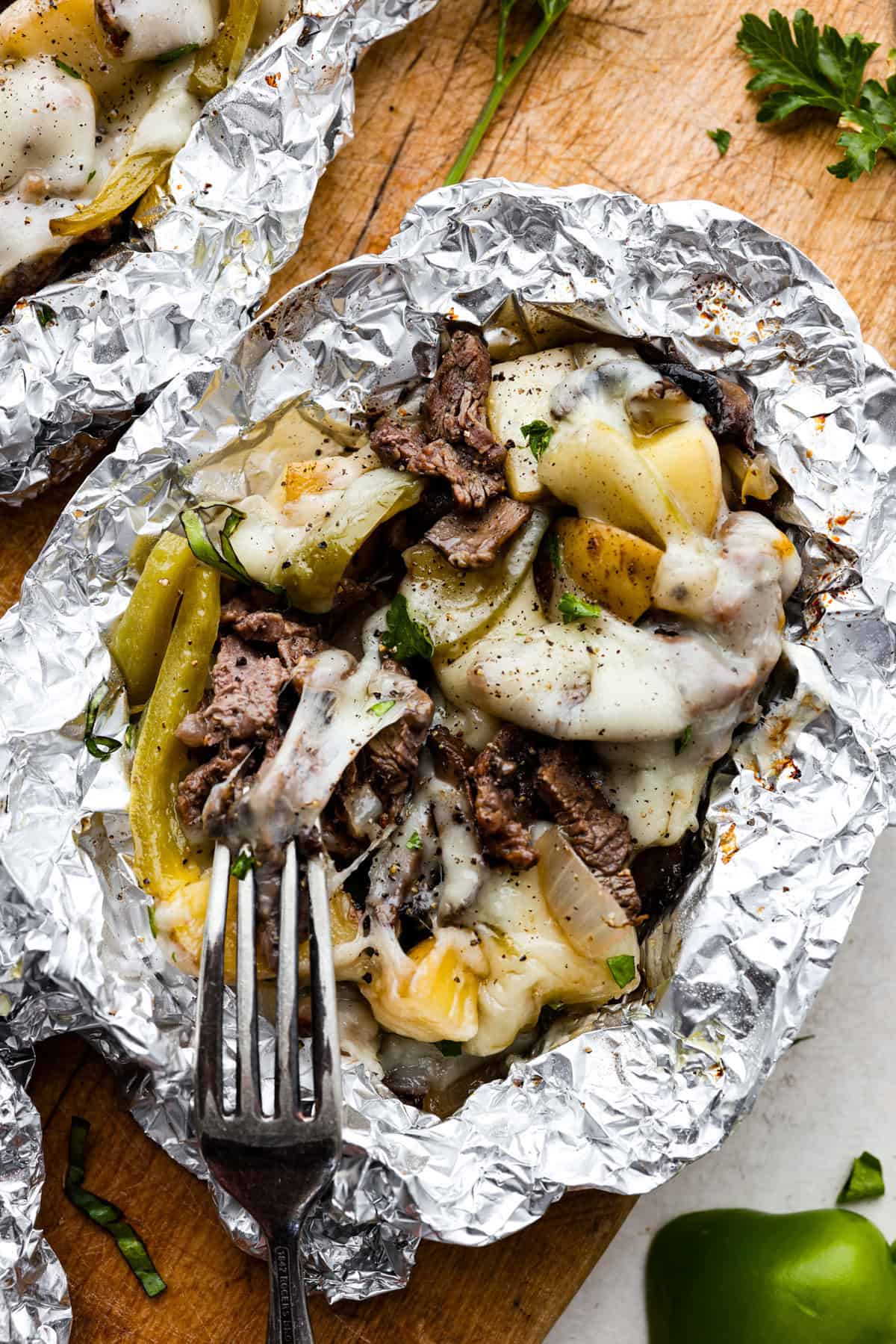
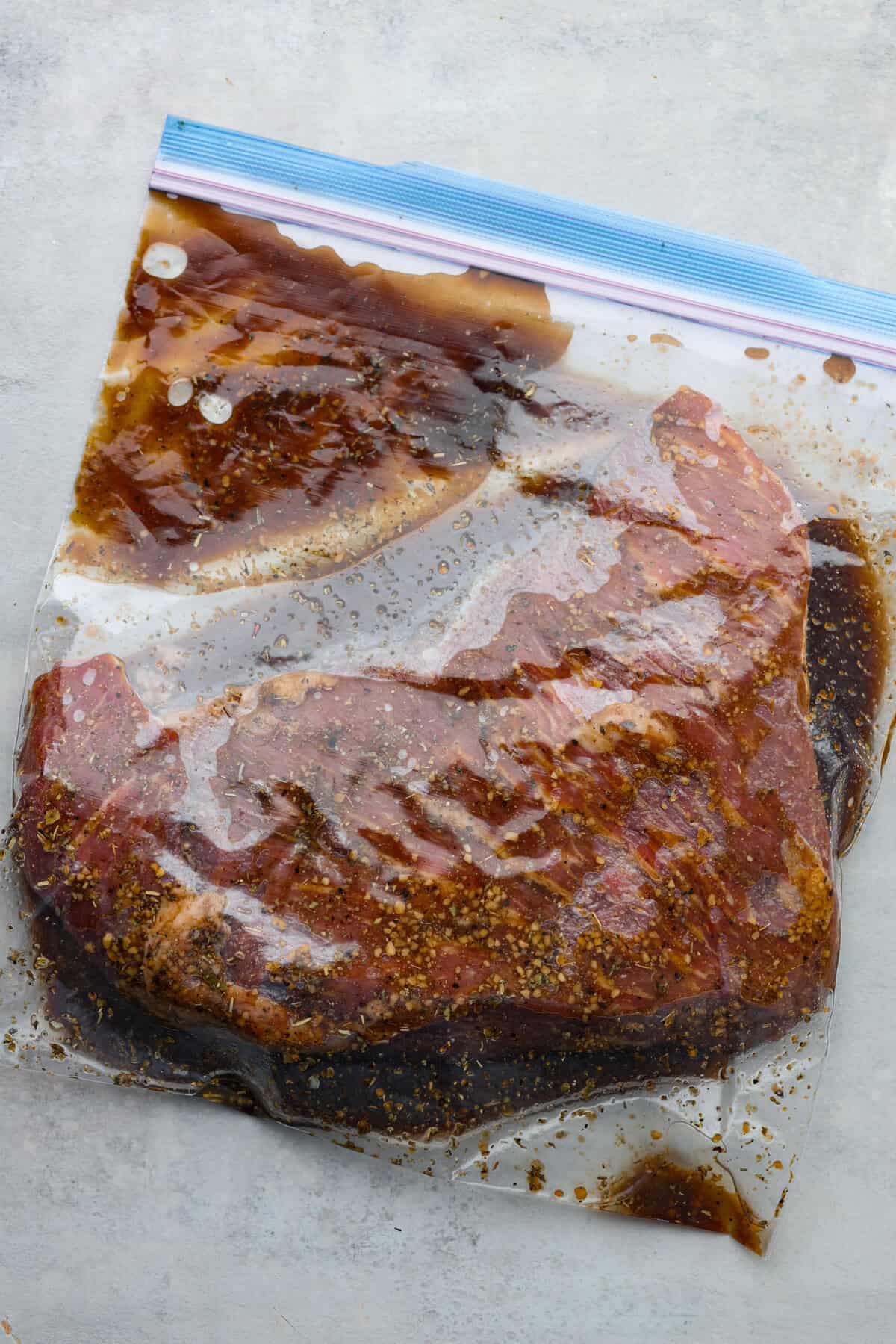


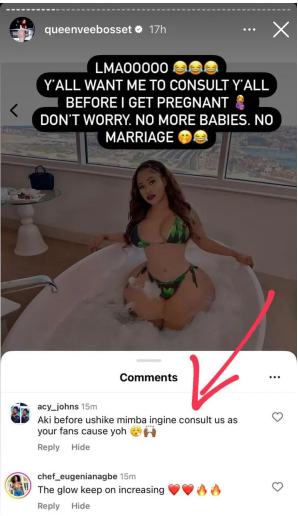
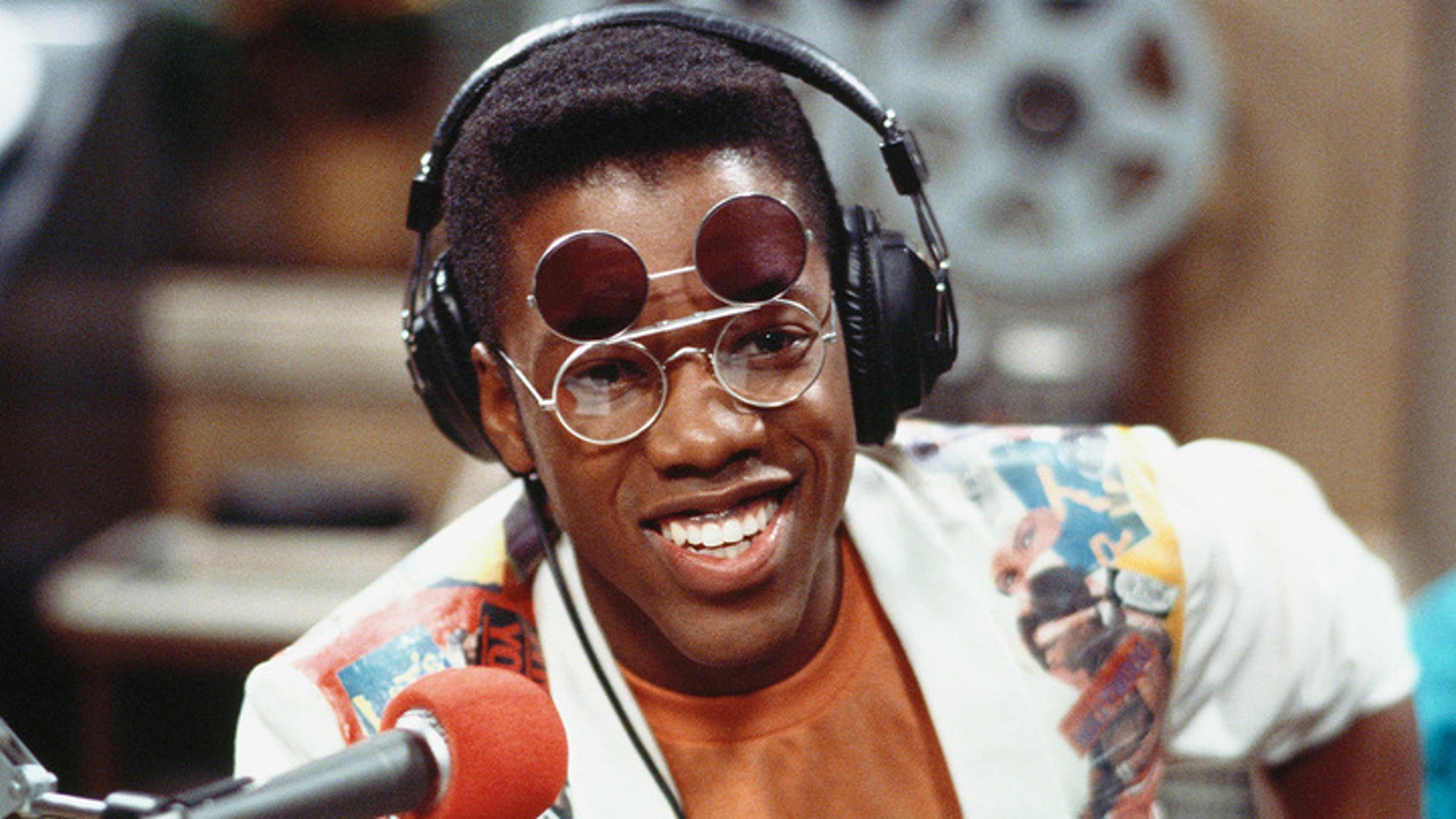
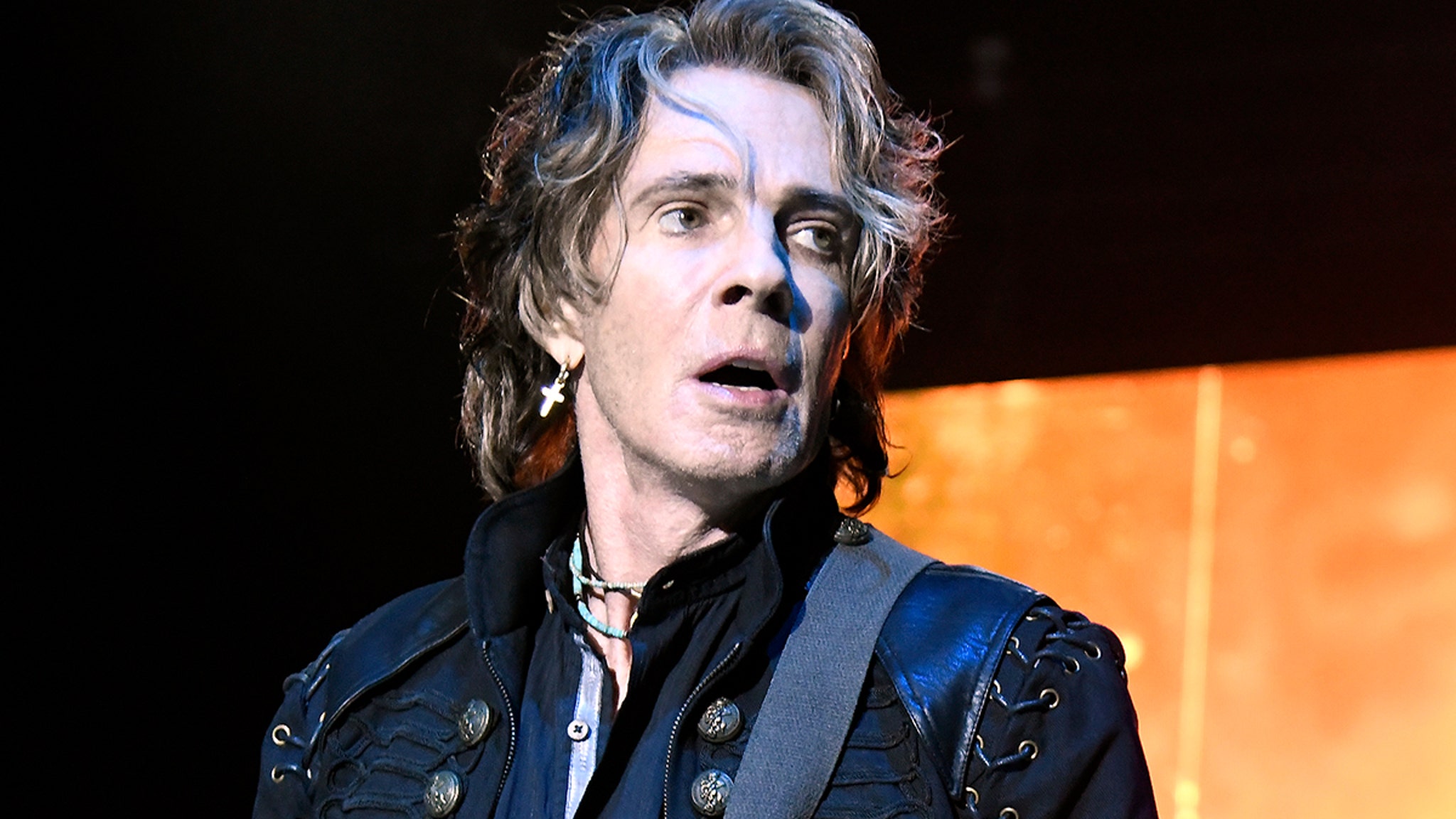
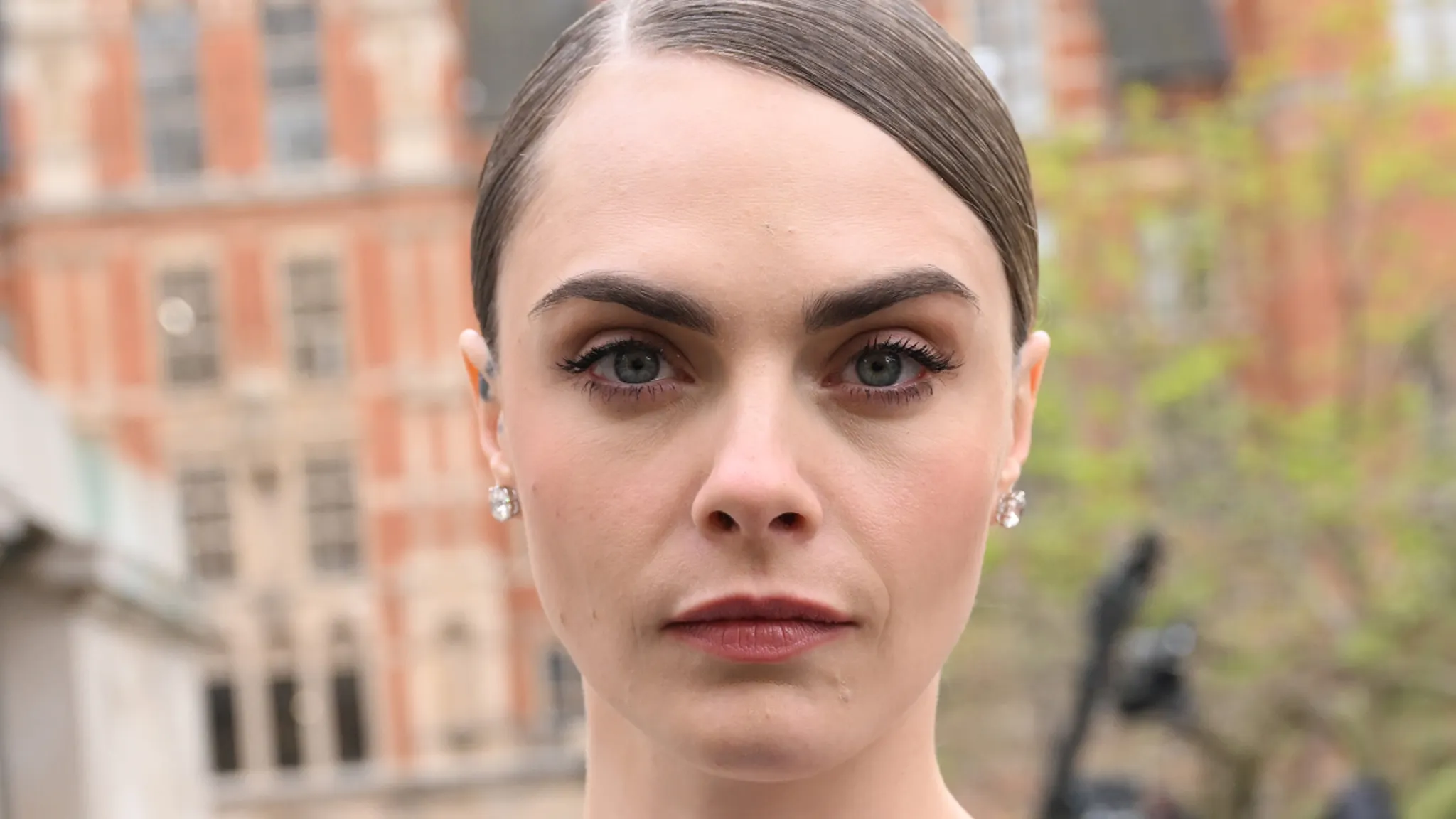
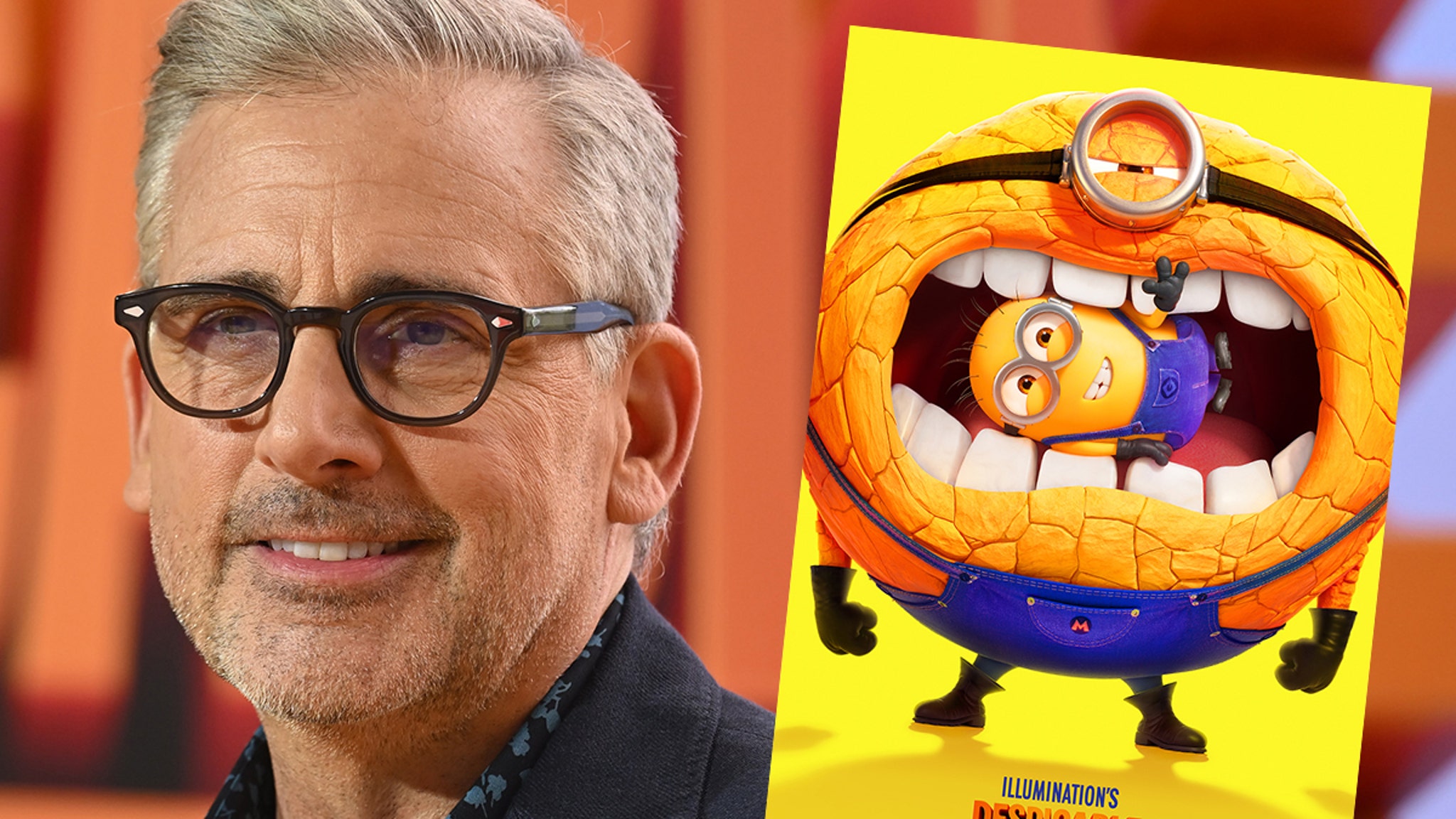



![Your First Look At Shadow In The Sonic 3 Movie Is Via A Leaked Popcorn Bucket [Update]](https://i.kinja-img.com/image/upload/c_fill,h_675,pg_1,q_80,w_1200/9832a522e117160520a9686f39e2c886.jpg)


